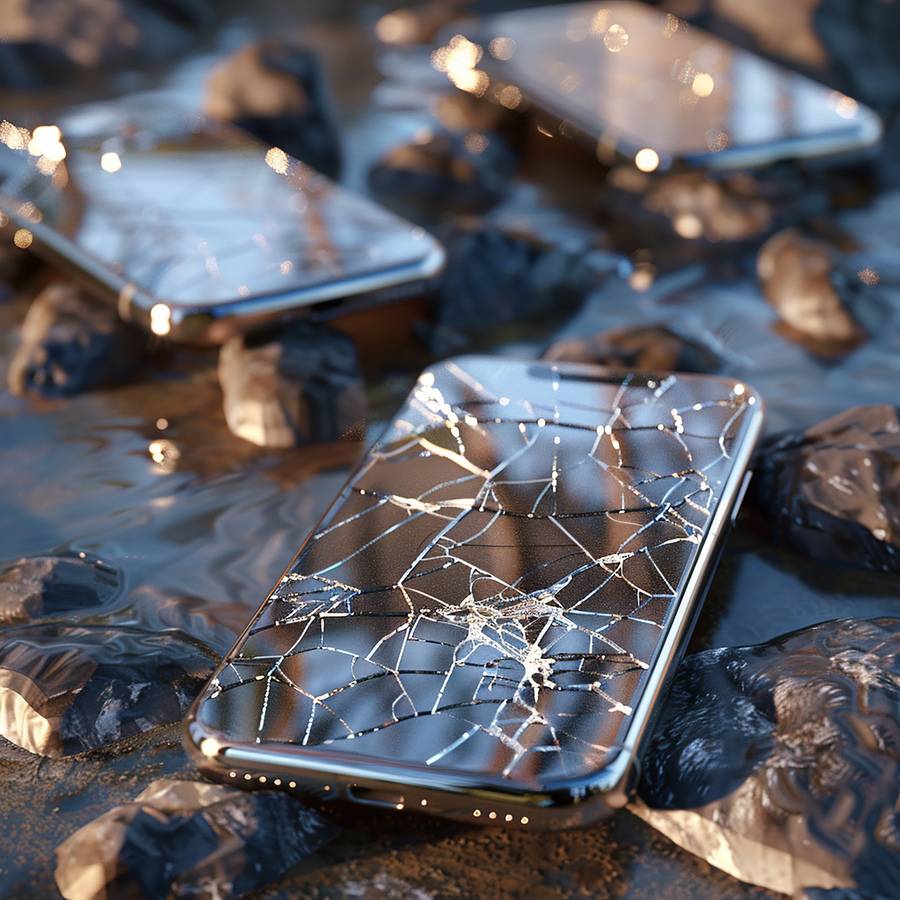

OCT 12, 2024
Most people understand how important recycling can be. Most know how to recycle paper, plastic, and glass. Less familiar materials like aluminum and steel can still benefit the environment, economy, and future of technology immensely by being recycled! RCM Recycling explores the hidden value of exotic scrap metal recycling.
Exotic, rare, or precious metals are uncommon materials with unique properties that make them difficult to come across. Titanium, platinum, cobalt, and tungsten are key materials used in high-tech industries that demand strong yet lightweight structures that withstand extreme temperatures, making these exotic materials indispensable. Due to their strength or lightweight properties compared to standard materials, they often find special uses in certain fields or for particular tasks.
Unbeknownst to many, exotic metals are found in everyday products such as smartphones, computers, electric cars, and medical devices.
Recycling exotic metals is essential for many reasons, chief among them their limited resource status compared to more abundant aluminum or steel. More difficult metals require mining operations to extract, making recycling their hard-to-mine forms of resource vital in keeping our supplies sustainable, lest they run out entirely and become unusable as critical building material components.
Mining exotic metals is typically harmful to the environment. Mining may result in deforestation, water pollution, and energy waste. Recycling reduces this need and helps preserve Earth's ecosystems; scrap metal companies play an essential role in collecting such metals so they are reused rather than wasted.
Reusing exotic metals also contributes to energy conservation. Mining metal from the Earth consumes significant energy, but recycling requires significantly less—for instance, aluminum recycling uses 95% less energy than raw material production! While savings for other exotic metals might differ greatly, energy savings still make a noticeable impactful statement about sustainability efforts.
Recycling exotic metals isn’t too different from recycling other metals but requires more specialized techniques. The first step usually involves sorting the metals. A scrap metal buyer will often purchase exotic metals from businesses or individuals, then sort and separate them based on the type of metal.
Once the metals are sorted, they’re sent to a recycling facility where they are processed. Sorting can involve melting the metals, purifying them, and then reshaping them into new forms that can be used again in manufacturing.
The process might include more careful steps for exotic metals since many of these metals are used in small amounts inside larger devices. For example, a smartphone might contain tiny amounts of rare metals that must be extracted carefully during recycling.
Scrap metal recycling wouldn’t be possible without the work of scrap metal companies and buyers. Scrap metal buyers often purchase metal waste from individuals or companies and send it off for processing. They know how to identify exotic metals and handle them correctly.
A scrap metal company plays a similar role, often working directly with industries that produce metal waste. For example, a factory might produce leftover metal shavings or scrap pieces from its manufacturing process.
How does recycling exotic metals benefit you personally? Even though it can feel like recycling is distant or only for large companies, it impacts everyday life. For one thing, recycling exotic metals helps keep the cost of certain products lower. When companies don’t have to mine and refine new metals, they can make their products more affordable.
Even if you don’t handle exotic metals personally, you can still help by supporting scrap metal recycling. Many local recycling centers accept electronics and other items that contain exotic metals.
Most people don't consider recycling exotic metals daily, but it’s essential. Whether you’re a business working with metal waste or someone looking to recycle old electronics, supporting scrap metal recycling is a step in the right direction. Scrap metal buyers and companies help recover and reuse these valuable materials, saving resources and energy. So the next time you think about throwing away an old device or some leftover metal, consider its hidden value.